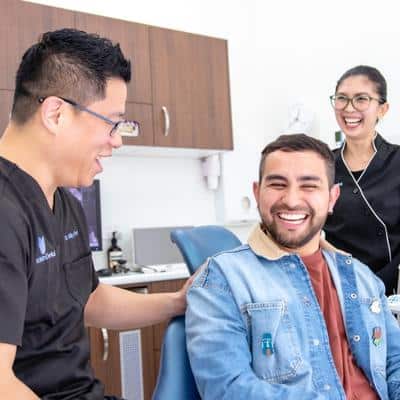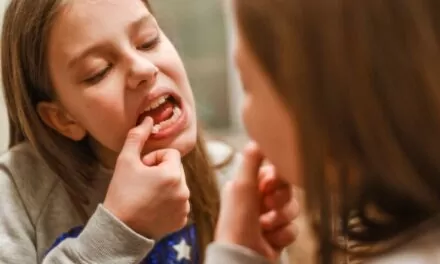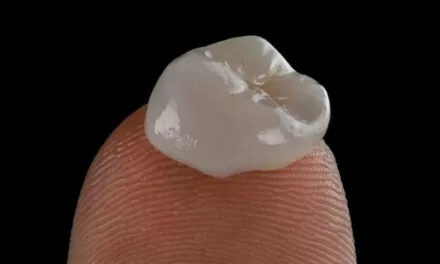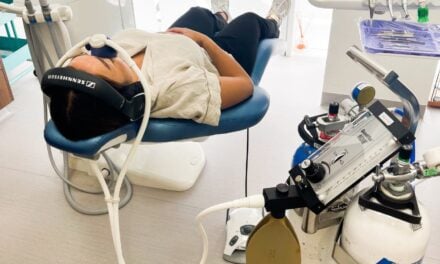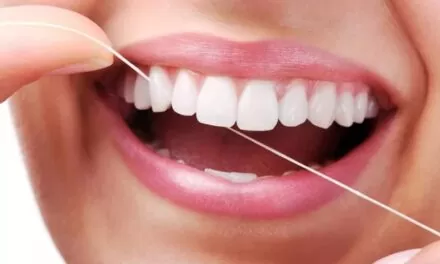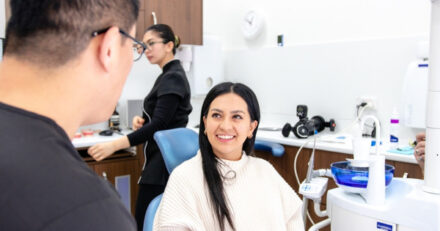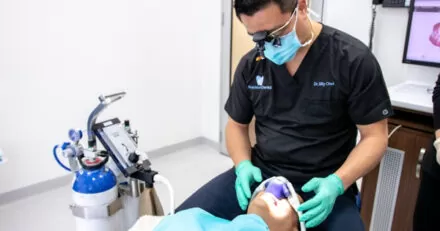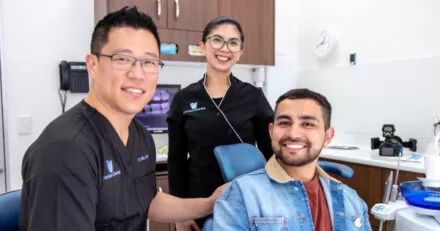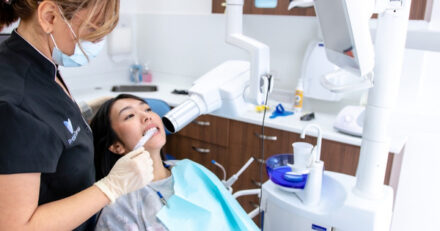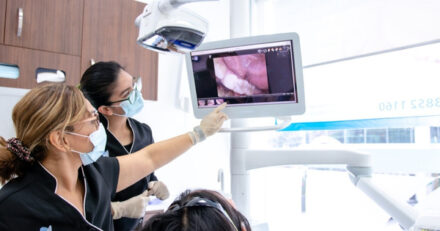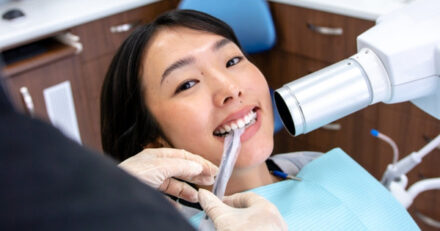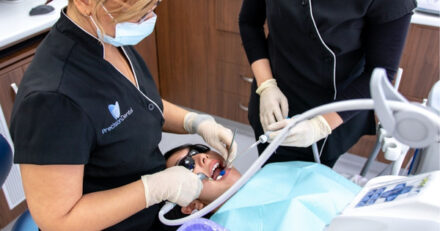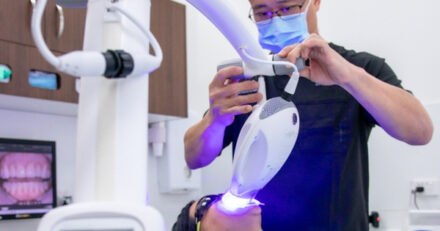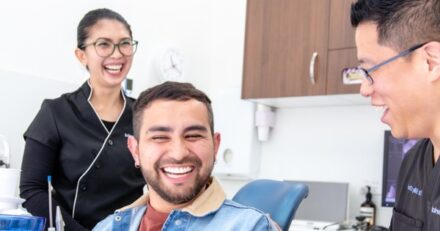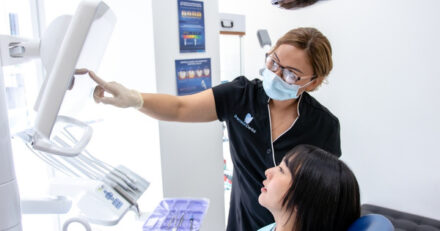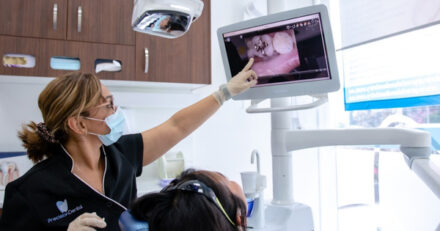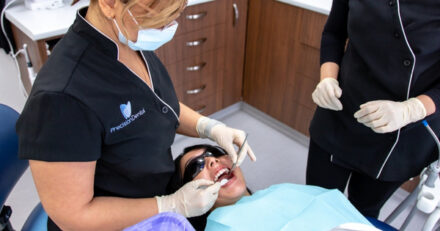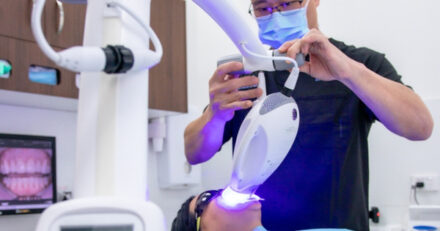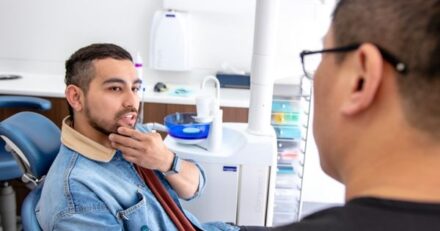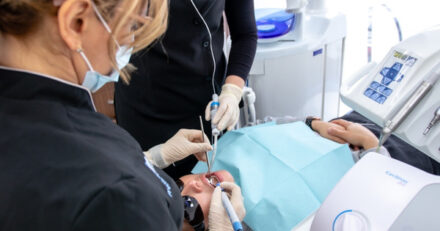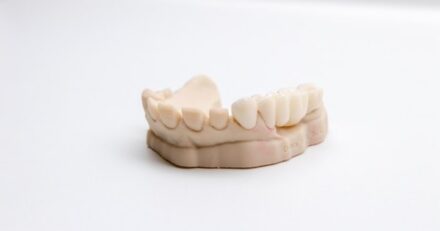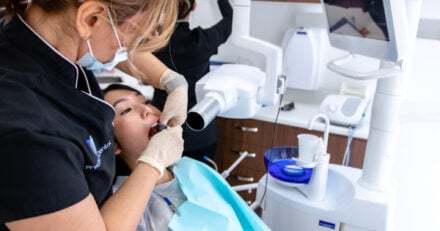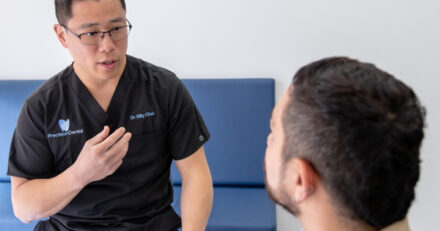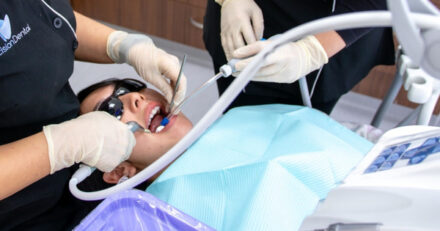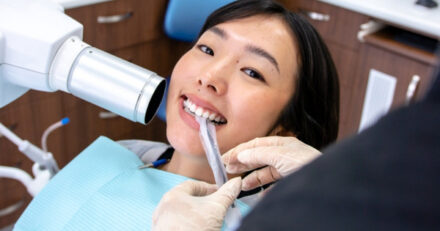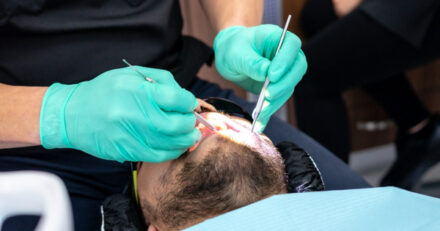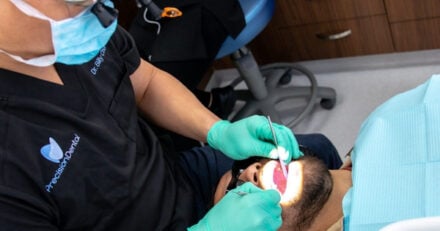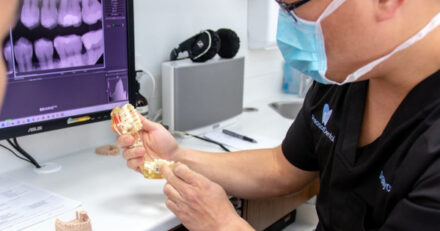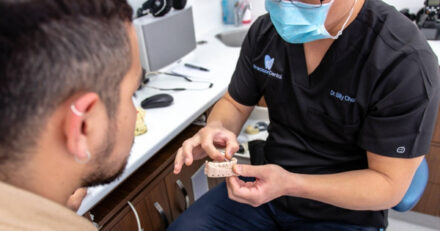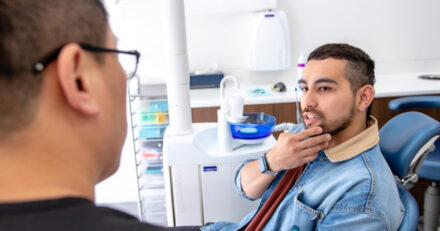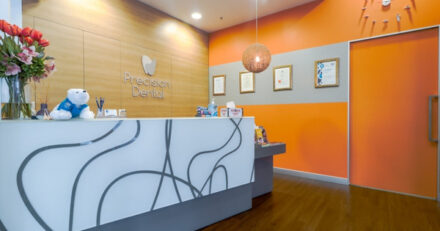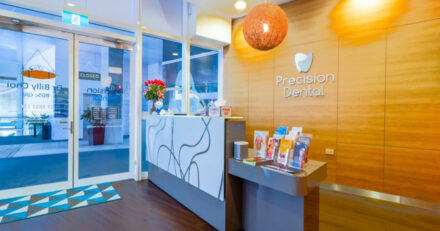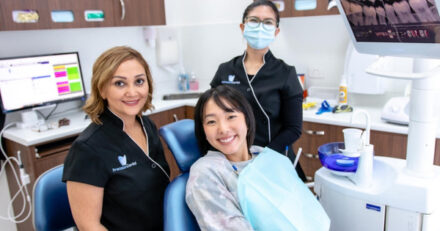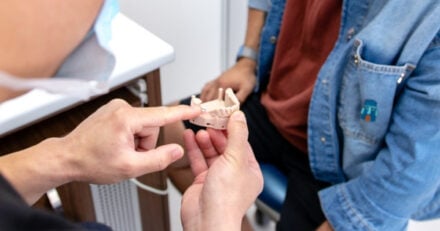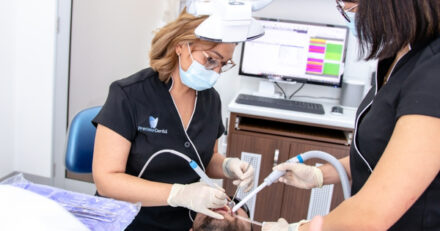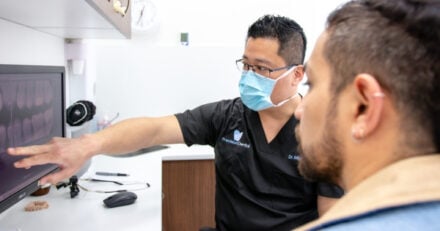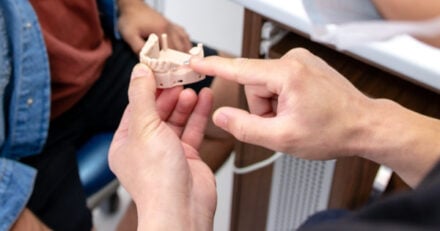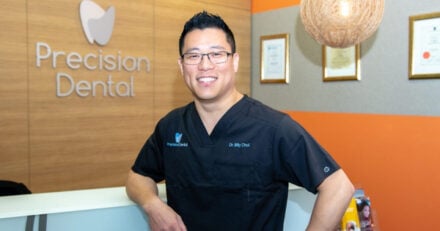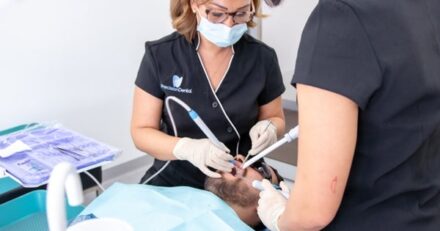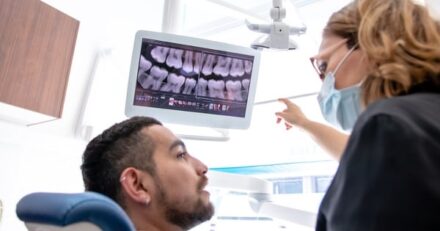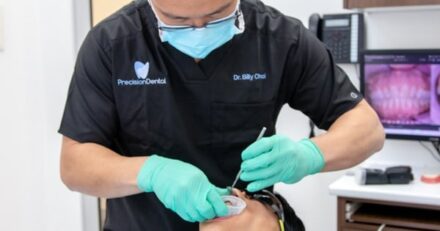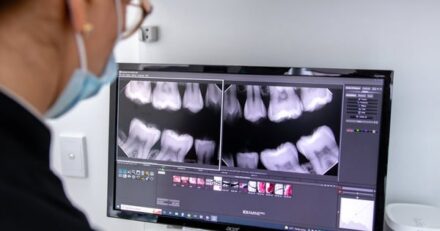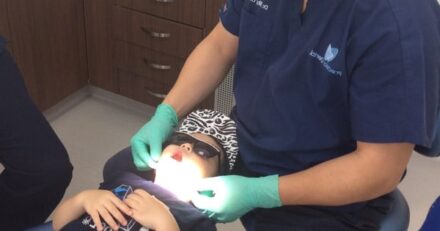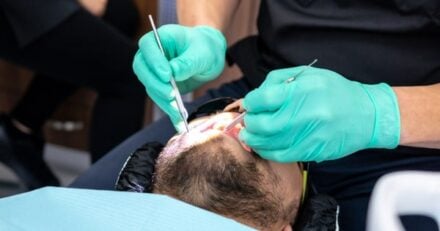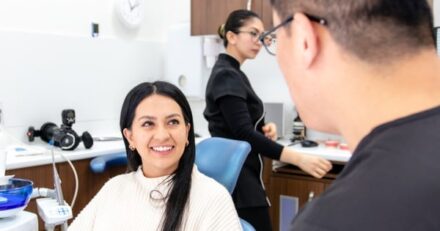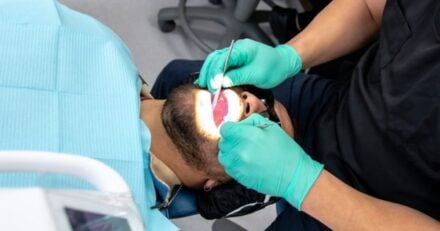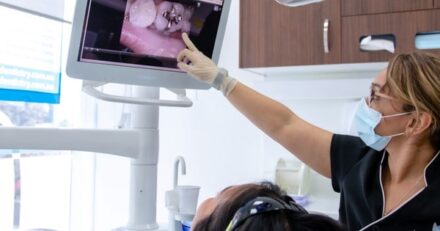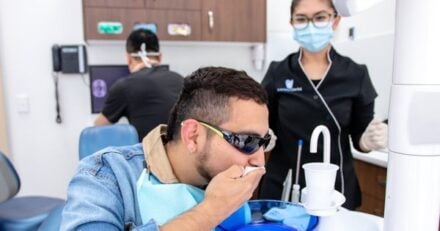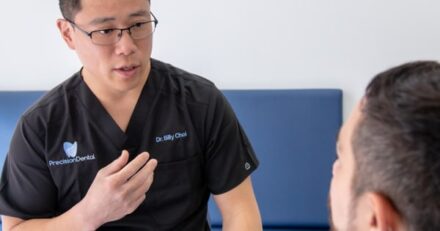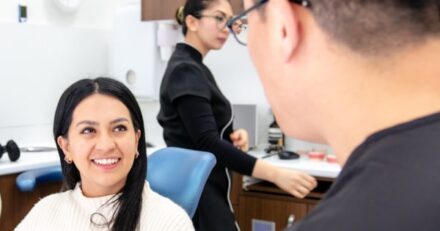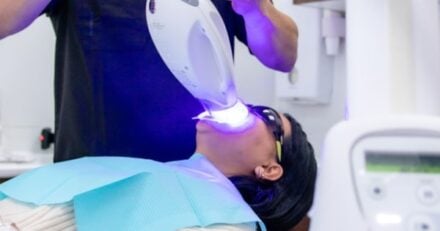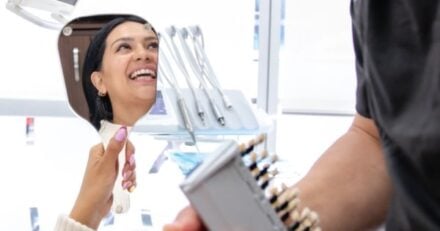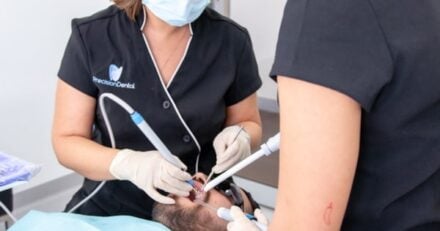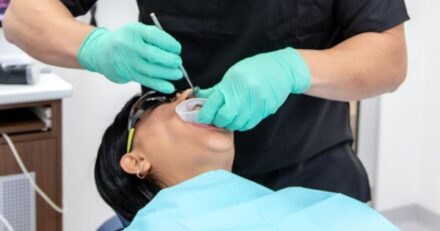Top 3 Dental Emergencies and What to Do About Them

“Pull this tooth out or just shoot me now, but make this pain stop!”
That is what more than one patient has told me from the dental chair.
A severe toothache or injury to the mouth can be so bad that one has to put the rest of life on hold until the problem is fixed.
Here at Precision Dental, we are ready to handle your dental emergencies with speed and professionalism.
What should you do in the case of a dental emergency?
Here are the top three types of dental injuries that we commonly deal with at Precision Dental in Fortitude Valley.

Toothaches
Tooth pain is one of the most common causes of people needing to see a dental professional in a hurry.
There are many causes of tooth pain and it requires a professional examination to determine the best course of action to stop the pain and save the tooth with the best possible results.
Toothaches are very often caused by neglected tooth decay. Many people put off a visit to their dentist because the pain they feel is minor and not long lasting.
They don’t see it as a signal to get treatment, but as a minor annoyance to be ignored. Bad decision.
By the time you start to feel low-level pain in a tooth, the tooth decay has already penetrated the enamel and is eating away your dentine, the softer layer under the outer enamel.
As the cavity grows closer to the pulp chamber where the nerves are housed, the pain increases in severity and duration.
By the time you have a continuous, throbbing pain, the raw nerve has been exposed and the pain unbearable at worst, or impossible to ignore at best.
When the pulp chamber of your tooth is breached, your vascular and nervous systems are susceptible to damage and infection.
What to do: Rinse your mouth thoroughly with warm water. Mix in a little salt (1 teaspoon per 8 ounce glass) if possible.
Take some pain medication, but not aspirin; ibuprofen and/or paracetamol (aspirin is an anti-coagulant and could possibly make any bleeding worse).
DO NOT apply any pain medication directly to the offending tooth or gum area, as this could damage tissues. See your dentist as soon as possible.
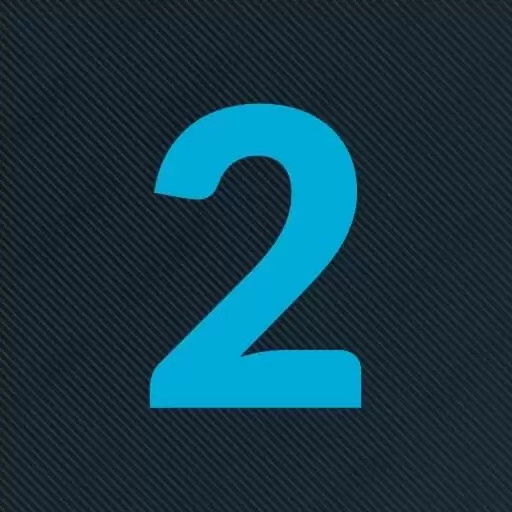
Damaged Teeth Or External Trauma
If you have been in an accident and suffered some kind of trauma to your teeth, what should you do?
Depending on your situation, whether you were playing some kind of sport, in a car accident, at work, or some random event occurred, FIRST, make sure that your situation has stabilised and that you are safe from further harm.
After you are safe and secure, determine the extent of damage to your teeth.
If you have a knocked out tooth or a broken tooth, you can remember the basic principles like this: SSS – Save, Sanitise, and See.
SAVE the tooth or any fragments if possible.
SANITISE any soiled parts (usually by rinsing).
SEE your dentist as soon as possible.
SAVE
In the case of a knocked out tooth, recover the tooth, picking it up by the crown without touching the roots.
Remember that teeth are an organic, living part of you and need to be treated as such. They cannot be allowed to dry out. Dry cells are dead cells, and you want to keep your tooth alive.
After you have cleaned the tooth, store the tooth in a mild saline solution, milk, between your gums and cheek (unless there is a danger of the tooth being swallowed, as in the case of a child or someone not completely conscious), or even transfer some of your saliva into a sanitary receptacle and place the tooth in it until you can get medical treatment.
In the case of a broken tooth, recover any fragments as much as possible.
Handle them with the care, store them safely in the same manner as you would a knocked-out tooth, and take the fragments with you to see your dental professional.
The nature and severity of the fracture will determine how the appropriate treatment.
If only the enamel or dentine portions have suffered damage, it may be possible to bond any fragments back onto the remaining, healthy tooth.
However, more severe fractures will require more serious treatment that could include a replacement crown, dental implant, or even extraction.
Your dentist will have to determine the best course of action.
SANITIZE
Keeping a knocked out tooth or tooth fragment clean, is very important to do prior to seeing your dental professional.
When the tooth or fragment becomes exposed to the world outside of your mouth, it is becomes a handy vehicle for all the nasty, microscopic monsters that live in the outside world such as tetanus.
Until you can get to your dental professional who can properly clean the tooth or fragment, you need to do a simple, basic cleaning.
This usually means rinsing the tooth or fragment in a solution that is as clean as possible. Remember to not touch the root portion of your knocked-out tooth if at all possible.
The more sanitary the rinse is, the more sanitary your tooth will be. Tap water is better than nothing if you cannot find a more sanitary solution.
Remember to touch the tooth or fragment as little as possible with your fingers because fingers tend to be relatively dirty in the world of medicine.
Using tweezers or some kind of clean instrument to handle the tooth is preferable.
SEE
Go to the doctor as soon as you can! Time is of the essence. You have about 60 minutes or less to get a knocked-out tooth to a dentist before the root cells die.
That is why it is so important to store your tooth or tooth fragment in a proper, sanitary solution and then get to a dentist quickly to maximize the chances of receiving the best possible dental outcome.
Accidents and tooth trauma do not always happen during business hours or in convenient locations.
If you find yourself in need of emergency dental treatment at a bad time or place, you will have to improvise.
Get your tooth or tooth fragment cleaned and securely stored in a proper sanitary solution to insure that it does not dry out. Then call your dentist.
If there are instructions for what to do in an emergency, follow them. If you cannot get in touch with your dentist, seek the closest dentist that is available.
If no dentist is available, seek medical treatment at a hospital emergency room, medical clinic, or the best medical treatment center that you can find.
Remember, every minute you delay lessens your chances for a positive outcome.
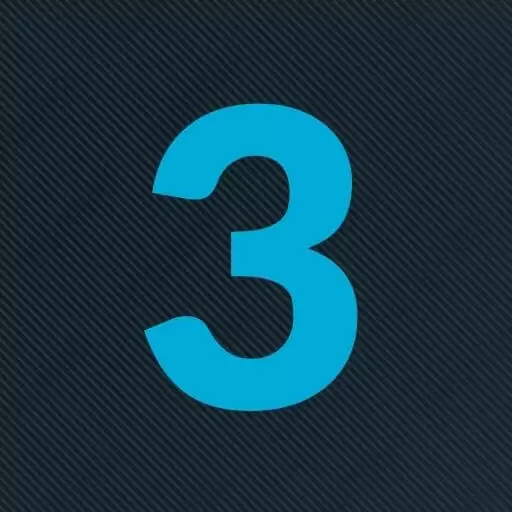
Abscesses
Abscesses are infections that occur around the root of a tooth or in the space between the teeth and gums.
They can be very serious and in rare occasions, life threatening.
To make sure that the minimum possible amount of damage is caused, it is important to see your dental professional as soon as possible.
If you discover something like a pimple or swelling, usually painful, rinse your mouth with a mild saltwater solution and go see your dentist soon.
Remember that any infection that is in your mouth can also migrate into your blood stream and cause problems in other areas of your body.
The best way to treat any infection is to catch it quickly before it can become serious.
Other Dental Emergencies
Other common problems that motivate people to seek immediate dental help are such things as something stuck between teeth, an impacted wisdom tooth, a cut to the gums from an external object or chewing something hard, burns from hot drinks, bitten lips, or any number of other injuries that can be caused by unexpected trauma.
The basics are the same: Keep any pieces, if possible. Protect and prevent further injury and keep it clean and sterile. Go to your dental professional.
At Precision Dental in Fortitude Valley, we are ready to handle your dental emergencies and ensure that you maintain the highest quality oral health possible.
Call us on (07) 3852 1160 or visit us at S13, HQ South Tower, 520 Wickham St in Fortitude Valley.
The content has been made available for informational and educational purposes only. Precision Dental does not make any representation or warranties with respect to the accuracy, applicability, fitness, or completeness of the content.
The content is not intended to be a substitute for professional personal diagnosis or treatment. Always seek the advice of your dentist or another qualified health provider with any questions you may have regarding a dental or medical condition. Never disregard professional advice or delay seeking it because of something you have read or seen on the Site.
Services We Mentioned:
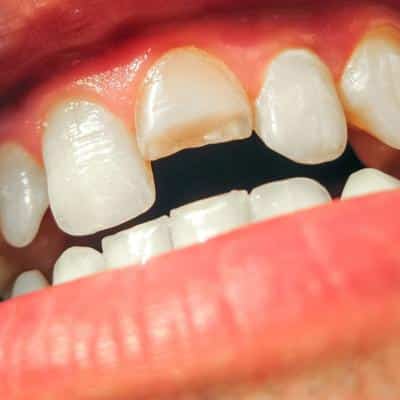
Broken Tooth
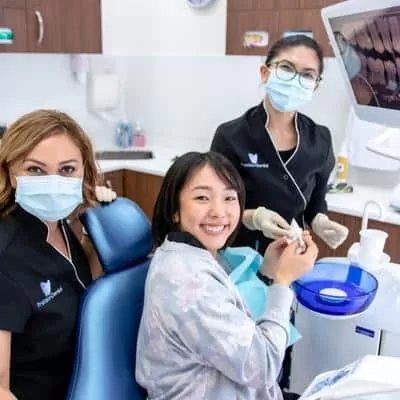
Dental Check-Up and Clean
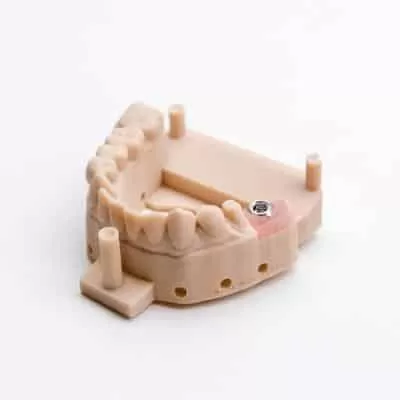
Dental Implants
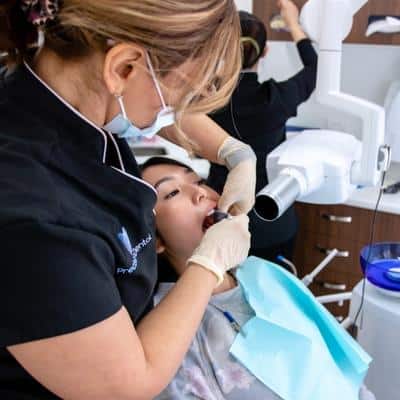
Soft Tissue Injuries in the Mouth
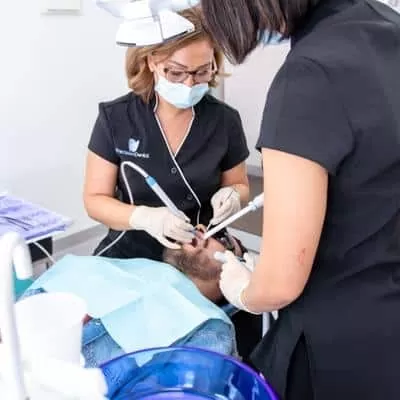
Dental Crowns & Bridges
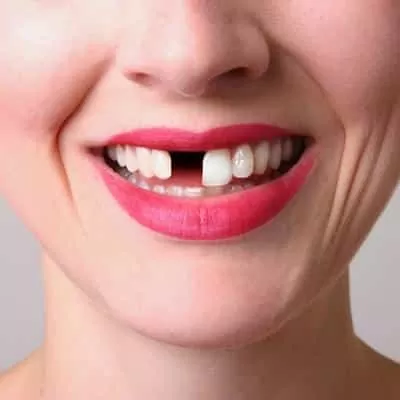
Knocked-Out Tooth
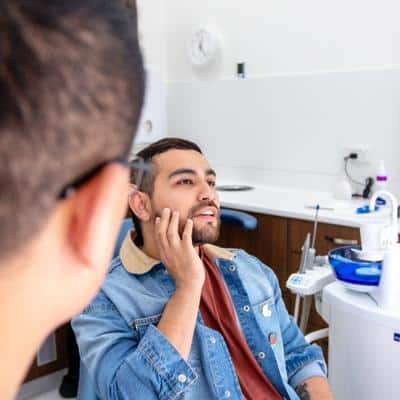
Toothache or Dental Pain

Wisdom Teeth Solution
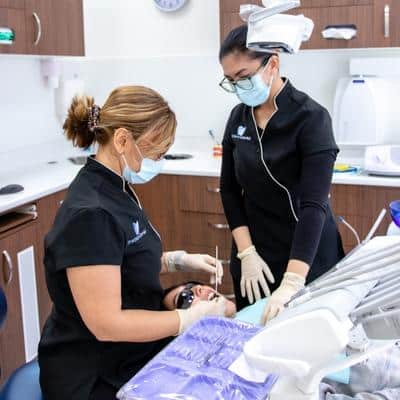
Dental Abscess
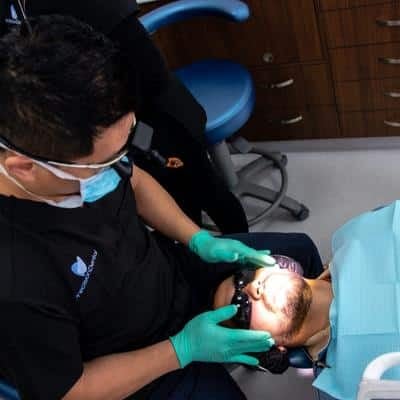
Dental Emergency
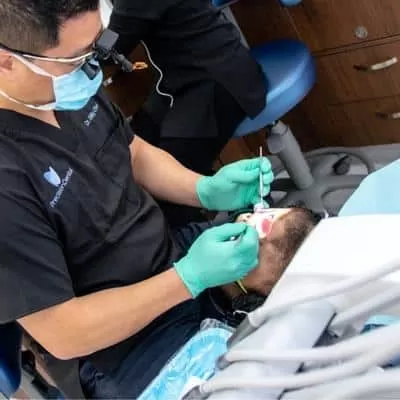
Tooth Extraction
